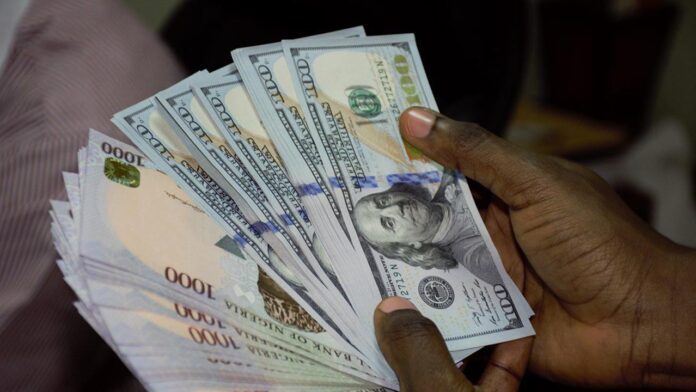For more than 4 years, Nigeria’s exchange rates for the dollar struggled between N345 – N370. As of 2021 Quarter2, Nigeria’s central bank devalued the naira by 7.6% against the dollar; as authorities in Africa’s biggest oil producer migrated towards a single exchange-rate system for the local currency.
Although the CBN Nigeria’s exchange rates as of October 12, 2021, scaled at N411- $1, N475- €1, N 562 – £1 respectively; commercial banks rate, however, scaled between N412 to N575 per $; causing the black-market peak rate to N600 for dollar, N545 for euro, N720 for pounds respectively.
The impact of these high Nigeria’s exchange rates can be seen in the more than 100% increase in commodity inflation. Foreign exchange rates affect international trade, capital flows and political sentiment. One cannot deny foreign exchange rates define valuations for a domestic trade that evaluates the economic standing of a nation.
Alternatively, high exchange rates may signal recession. Foreign investors are less likely to find Nations with rapidly deteriorating currency values attractive. For each time the naira devalues, more foreigners liquidate their stocks, investment and business.

Several jobs are lost as a result of foreign investor withdrawals; causing a slowdown in economic growth, a rise in unemployment, and a rapidly growing population living in poverty.
The indirect impact of exchange rates extends much more broadly and deeper in ways that affect several of the most important aspects of our economic lives; like how long it takes to get a job, where one can afford to live.
Nigeria’s Exchange rates effects on on the average Nigerian
Goods from other countries are as common, or sometimes even more common than those produced domestically. The prices you pay for imported goods are heavily influenced by exchange rates. When the country’s currency declines in value, the price of foreign goods rises significantly.
A weak domestic currency endangers economic growth by slowing growth and reducing employment opportunities.
Are you a savvy social media manager, send portfolio to careers@bonitasgroup.com
The exchange rate can have a substantial impact on your investment portfolio, even if you only hold domestic investments.
The bottom line is that exchange rates have an indirect impact on the prices you pay at the supermarket; the interest rates on your loans and savings; the returns on your investment portfolio; your job prospects, and possibly even housing prices in your area.
